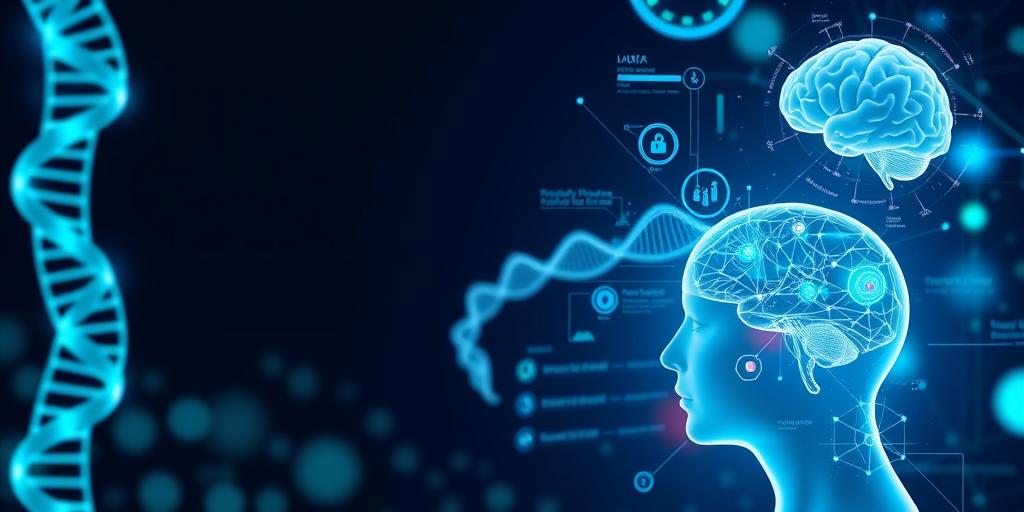Personalized Medicine in 2025: A Data and AI-Driven Future
Personalized medicine, also known as precision medicine, is poised to revolutionize healthcare by tailoring treatments to individual patient characteristics. By 2025, advancements in data analytics and artificial intelligence (AI) are expected to be the key drivers of this transformative shift.
The Rise of Data-Driven Healthcare
The foundation of personalized medicine lies in the ability to gather and analyze vast amounts of patient data. This includes:
- Genomic data: Sequencing an individual’s entire genome provides insights into genetic predispositions to diseases and potential drug responses.
- Electronic Health Records (EHRs): EHRs contain a wealth of information about a patient’s medical history, diagnoses, treatments, and outcomes.
- Wearable devices: Fitness trackers and other wearable sensors continuously monitor physiological parameters like heart rate, sleep patterns, and activity levels.
- Imaging data: Medical imaging techniques such as MRI, CT scans, and X-rays provide detailed anatomical and physiological information.
AI’s Role in Personalized Medicine
AI algorithms are uniquely suited to analyze complex datasets and extract meaningful insights that can inform clinical decision-making. Some key applications of AI in personalized medicine include:
- Disease prediction: AI models can identify individuals at high risk of developing specific diseases based on their unique data profiles.
- Treatment optimization: AI can predict how patients will respond to different treatments, allowing clinicians to select the most effective therapies.
- Drug discovery: AI can accelerate the drug development process by identifying potential drug targets and predicting drug efficacy and safety.
- Personalized diagnostics: AI-powered diagnostic tools can analyze medical images and other data to detect diseases earlier and more accurately.
Challenges and Opportunities
While the potential of personalized medicine is immense, several challenges need to be addressed:
- Data privacy and security: Protecting patient data is paramount. Robust security measures and ethical guidelines are essential.
- Data interoperability: Ensuring that different data sources can communicate and share information seamlessly is crucial.
- Algorithmic bias: AI algorithms can perpetuate existing biases in healthcare data, leading to disparities in treatment outcomes.
- Regulatory frameworks: Clear regulatory frameworks are needed to govern the development and deployment of AI-based medical devices and treatments.
Despite these challenges, the future of personalized medicine is bright. By 2025, we can expect to see more widespread adoption of data-driven and AI-powered tools in healthcare, leading to more effective, efficient, and equitable patient care.
Long-Tail Keywords:
- AI-driven personalized medicine 2025
- Data analytics in personalized healthcare
- Future of precision medicine with AI
- Impact of AI on personalized treatment
- Personalized medicine challenges and opportunities 2025
